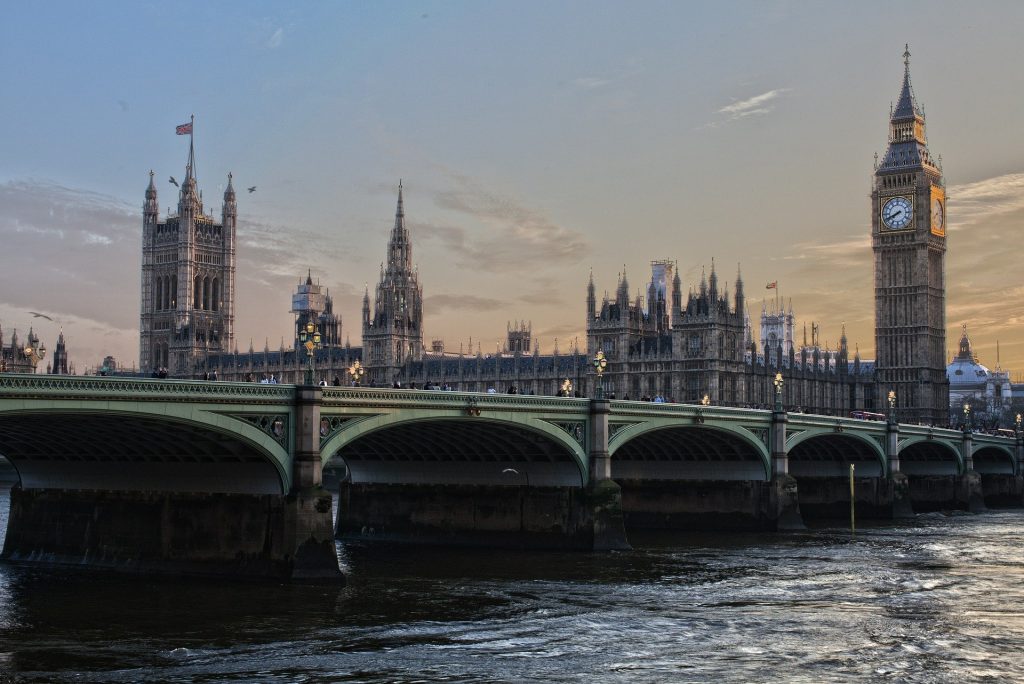
After being criticized for not doing enough to help those who work for themselves, Rishi Sunak, Chancellor of the UK has recently announced his plans to “strengthen the safety net” for the self-employed through a variety of new measures. Most self-employed people find that navigating the system to obtain support and benefits to be immensely complex. Below you can find updates on the recent changes as well as how to find support.
The biggest change is regarding sick pay. The chancellor has announced that the self-employed are now entitled to the full Universal Credit as a rate that equivalent to statutory sick pay for employees.
The current rate for statutory sick pay is £94.25 per week – up to 28 weeks. One major change the government has made is that sick pay will be payable from day one instead of day four, for any infected individuals.
The government has also announced that the minimum income floor has been removed temporarily. This means that employed people and the self-employed are now being treated equally within the Universal Credit system.
Universal credit and Tax credit allowance will be increased by £1,000. will benefit 4 million low-income families.
The chancellor has announced 1bn support for renters following an increase in the housing benefit element of universal credit to cover 30% of market rents in local areas.
In terms of VAT, the Chancellor has announced that he will be deferring VAT for the next quarter thus saving businesses £30bn. Companies will not need to pay what VAT is owed until the end of the year.
If you are self-employed, and you match the following criteria, you may be eligible to claim a grant from the Government.
You can claim if you’re a self-employed individual or a member of a partnership and:
- you carry on a trade which has been adversely affected by coronavirus.
- you traded in the tax year 2018 to 2019 and submitted your Self-Assessment tax return on or before 23 April 2020 for that year.
- you traded in the tax year 2019 to 2020.
- you intend to continue to trade in the tax year 2020 to 2021.
Your business could be adversely affected by coronavirus, for example if:
You’re unable to work because you:
- are shielding
- are self-isolating
- are on sick leave because of coronavirus.
- have caring responsibilities because of coronavirus.
You’ve had to scale down or temporarily stop trading because:
- your supply chain has been interrupted.
- you have fewer or no customers or clients.
- your staff are unable to come into work.
You can calculate how much you can be granted here
Date posted: 04/05/2020


